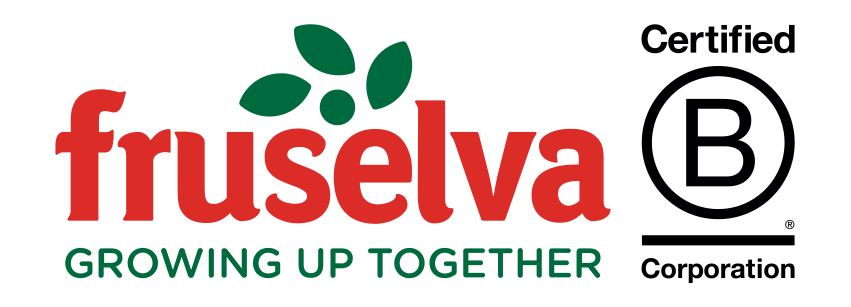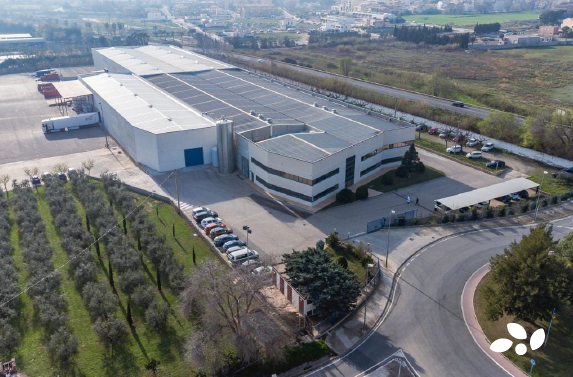This buyout positions Fruselva and MaserGrup in the Spanish and European food sector, especially in the private label and co-manufacturing field.
The acquisition marks Fruselva’s return to Europe.
The Masergrup – Fruselva business group, with productive activity in the food and beverage sectors, has recently reached an agreement to acquire and take control of the food group Costa Concentrados Levantinos SL through Fruselva.
Costa Concentrados Levantinos is a company with Valencian origins that emerged from the Costa family’s venture in 1897 in Albal (Valencia) with the aim of creating a unique tiger nut concentrate. Currently, the group maintains the purchasing department in the Valencian Community, as well as family members continue to be part of the company’s current staff. In 2002, the group was taken over by businessman Joan Escoda, who enhanced the line of the business and the direction of the company. Costa is currently dedicated to the food sector, it has its own plant in Riudoms (Tarragona) for the production of plant-based drinks and horchatas, organic, gluten-free specialties, and a large specialty of plant-based vegetable milks, broths and soups.
Costa Concentrados Levantinos is the owner of such well-known brands in the Spanish market such as Amandín, Costa and Costa Eco. Much of its core business stands for co- manufacturing for some of the main retailers in the country, and as such this is a strategic milestone for the agreement between both groups.
On one hand, MaserGrup group, founded in 1997 and chaired by the industrialist Xavier Martínez i Serra, has two leading companies in the Spanish food & beverage sector: Fruselva and Vermuts Miró, the first producer of Spanish vermouth.
On the other hand, Fruselva as a baby food co-manufacturing company specialized in the pouch format, was founded in 2008 and has majority presence in the international market. From its factories in Chile and Colombia, it produces more than 250 million units per year that are sold in 27 countries, including the main supermarkets on the American continent, such as Walmart, Kroger, Aldi and Lidl, among others.
With this operation, MaserGrup and Fruselva will strengthen their position in the Spanish and the European food sector, especially in the private label and co-manufacturing field. Hence, the group will add a complete plant-based range to their portfolio of baby food products within their sustainability strategy and offering accessible, nutritional, and competitive products to consumers. In this field, and as indicated in the company’s strategic and commercial plan, one of the main objectives is to establish new alliances within the plant-based industry with recognized leading companies in the sector.
As for the scope of the operation, the MaserGrup´s buyout stands for the acquisition of 100% of the shares of “Comercial Agroalimentaria SL”, “Costa Concentrados Levantinos SL” and “Vegemix SL”, and 50% of “Murciana Nutriops SL” company which is the owner of brands such as Ecomil, Dietmil, Diemeno, Diedam, Biolecibran, Vegemil or KioBio, among others, brands that are marketed in more than 40 countries.
Fruselva’s return to Europe
Fruselva has two production hubs in Chile and Colombia, and seven commercial offices spread throughout Spain, Chile, Colombia, Mexico, the United States and China. Its workforce accounts for 508 people, of which 36 work in Spain and 472 in other countries.
The acquisition of the factory that Costa Concentrados Levantinos has in Riudoms, represents the return of Fruselva to Europe. After the sale of its Selva del Camp asset to an investment group, the company has spent two years without producing or marketing its products in the European continent in compliance with the non-competition agreement that expired back in March 2023.
The decision to set up the new European production center and the Global Fruselva R&D center in Spain supports once again the intention to continue investing in the economic growth of the Iberian Peninsula, the origin of MaserGrup.
Fruselva plans to close 2023 with a turnover of more than 80 million Euros, an upward figure that considerably increases the 59 million Euros of the previous year. With the new investments, and thanks to the new Fruselva plant in Europe, the company estimates to end 2024 with a turnover of 120 million Euros, 330 million units produced and investments of 6 million Euros in industrial capacity.
Vegetable milks, a growing market
The Riudoms factory has Tetra Pak industrial packaging lines for vegetable milks, to which Fruselva will add pouch packaging lines for baby food.
The new plant will allow Fruselva to specialize in the field of plant-based milks, an expansion market that fits within the company’s plant-based philosophy. The consumption of plant-based milks has seen a significant increase in recent years, driven by growing awareness about health, sustainability and dietary preferences.
The plant-based beverage segment already represents the largest category of plant-based foods with a forecast global annual growth rate of 15.5% from 2022 to 2029, as stated in the Data Bridge report on the global milk market of plant origin. According to 2022 data, compiled by ProVeg International, plant-based milks are already in 37% of Spanish households, this is the highest consumer rate of plant-based drinks per person in Europe according to the EU-funded Smart Protein study.
Fruselva will increase 3.9 million Euros in its innovation budget.
Fruselva has a leading R&D department in Europe but also local R&D teams in each one of its factories. In 2023 Fruselva has invested 1.3 million Euros in different research projects on healthy, sustainable, and functional nutrition. The forecast for 2024 is to expand the focus on R&D, in collaboration with clients and research centers foreseeing a total investment of 5.2 million Euros.
Fruselva currently participates in six projects in the local community of Catalonia, Spain, and Europe, and leads some of them related to nutritional improvement and health, such as Immune Kids, Senva Fun and Faro-i, focused on the study of functional foods that improve the health of the children and elderly targets.



